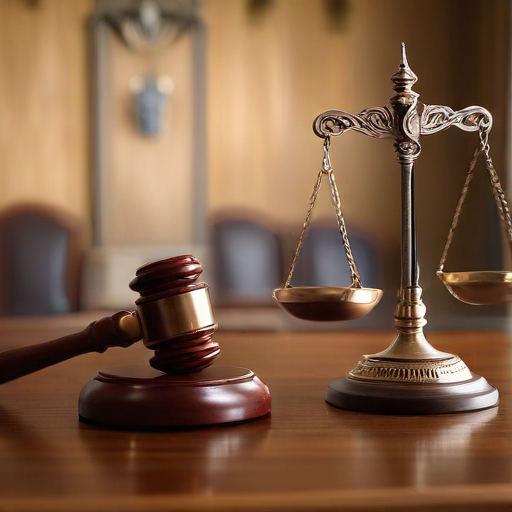Judges at the International Criminal Court (ICC) announced that there are reasonable grounds to believe three individuals, including Israeli Prime Minister Benjamin Netanyahu and Defense Minister Yoav Gallant, bear “criminal responsibility” for alleged war crimes and crimes against humanity committed during the ongoing conflict. The ICC emphasized that their jurisdiction was upheld despite challenges from Israel.
The ICC’s Pre-Trial Chamber found evidence suggesting that Netanyahu and Gallant could be considered co-perpetrators of serious violations, including war crimes related to starvation and acts characterized as murder, persecution, and other inhumane acts. The arrest warrants were issued following an independent investigation, indicating a systematic approach to accountability for international crimes.
In a related development, the ICC issued an arrest warrant for Mohammed Deif, a commander in Hamas, despite reports he may have been killed in an airstrike. The specific allegations against Deif include murder, extermination, torture, and other forms of severe violence.
As investigations continue, the ICC is actively gathering information regarding the situation in Gaza, highlighting the ongoing nature of hostilities and potential violations of international law. They aim to protect the identities of witnesses and the integrity of the investigative process by classifying the warrants as “secret.” However, due to the war’s ongoing impact and violations, the ICC decided to release details of the warrants to inform victims and their families.
ICC Prosecutor Karim Khan emphasized the importance of focusing on the victims impacted by the conflict. During meetings with those affected, he reaffirmed that the law exists to vindicate the rights of all individuals and called upon states to uphold their responsibilities under the Rome Statute, which governs the ICC’s operations.
The ICC stands as an independent judicial body, established to ensure accountability for serious international crimes when national systems fail. This situation sheds light on the complex realities of international justice and the hopeful pursuit of accountability in times of conflict.
As the ICC continues to investigate and pursue warrants, there is a glimmer of hope that justice may prevail for the victims of international crimes, fostering a stronger commitment to upholding human rights and international law.
